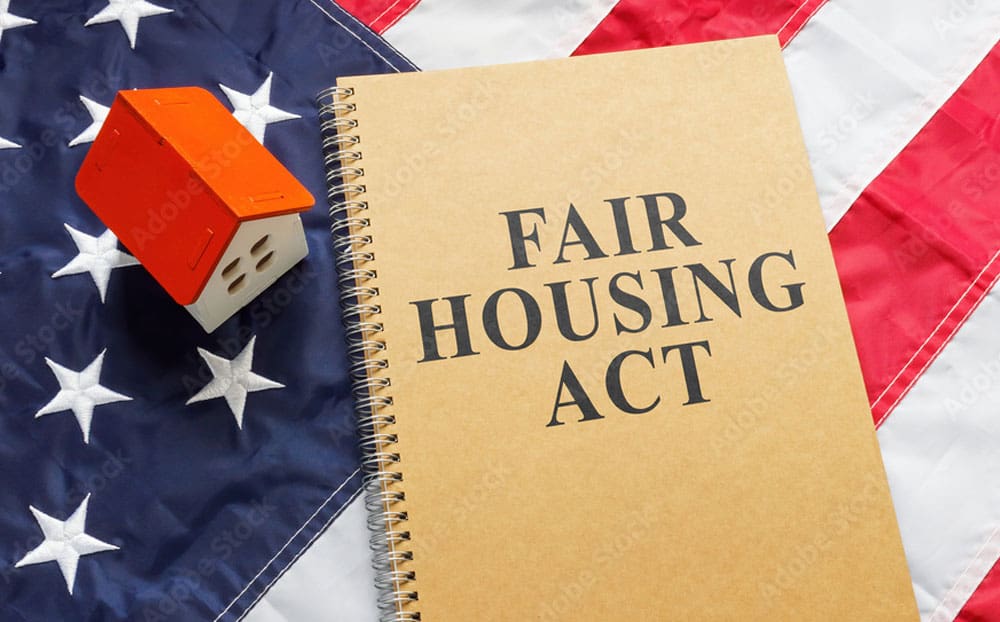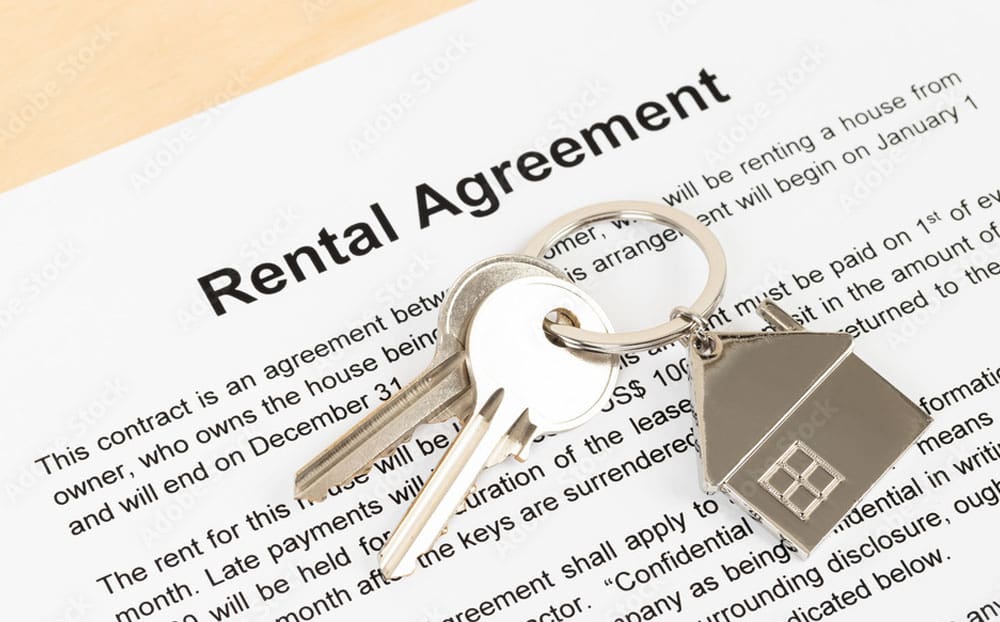The Fair Housing Act, also known as Title VIII of the Civil Rights Act, protects renters in Florida from discrimination based on race, color, national origin, sex, disability, religion, and familial status. This includes the right to be treated fairly by a landlord, live in a safe and habitable unit, and have access to safe common areas.
The Fair Housing Act prohibits landlords from:
- Refusing to rent or sell a dwelling to someone after they’ve made a bona fide offer
- Making a dwelling unavailable or denying it to someone based on protected characteristics
- Discriminating against someone in the terms, conditions, or privileges of a rental or sale
- Falsely denying that a dwelling is available for sale, rental, or inspection
- Refusing to make a mortgage loan
- Imposing different terms or conditions on a loan
Landlords must also comply with all applicable building, housing, and safety codes. This includes making reasonable and timely repairs to the rental unit, and giving tenants advance notice before entering the unit to inspect or make repairs. Tenants are expected to give landlords reasonable consent to enter the unit from time to time for inspections, and landlords can enter at any time to protect or preserve the property.
If a landlord violates the Fair Housing Act, the U.S. Department of Housing and Urban Development (HUD) may pursue enforcement actions. In Florida, you can also file a complaint with the Florida Commission on Human Relations by calling (850) 488-7082 or emailing fchrinfo@fchr.myflorida.com.



